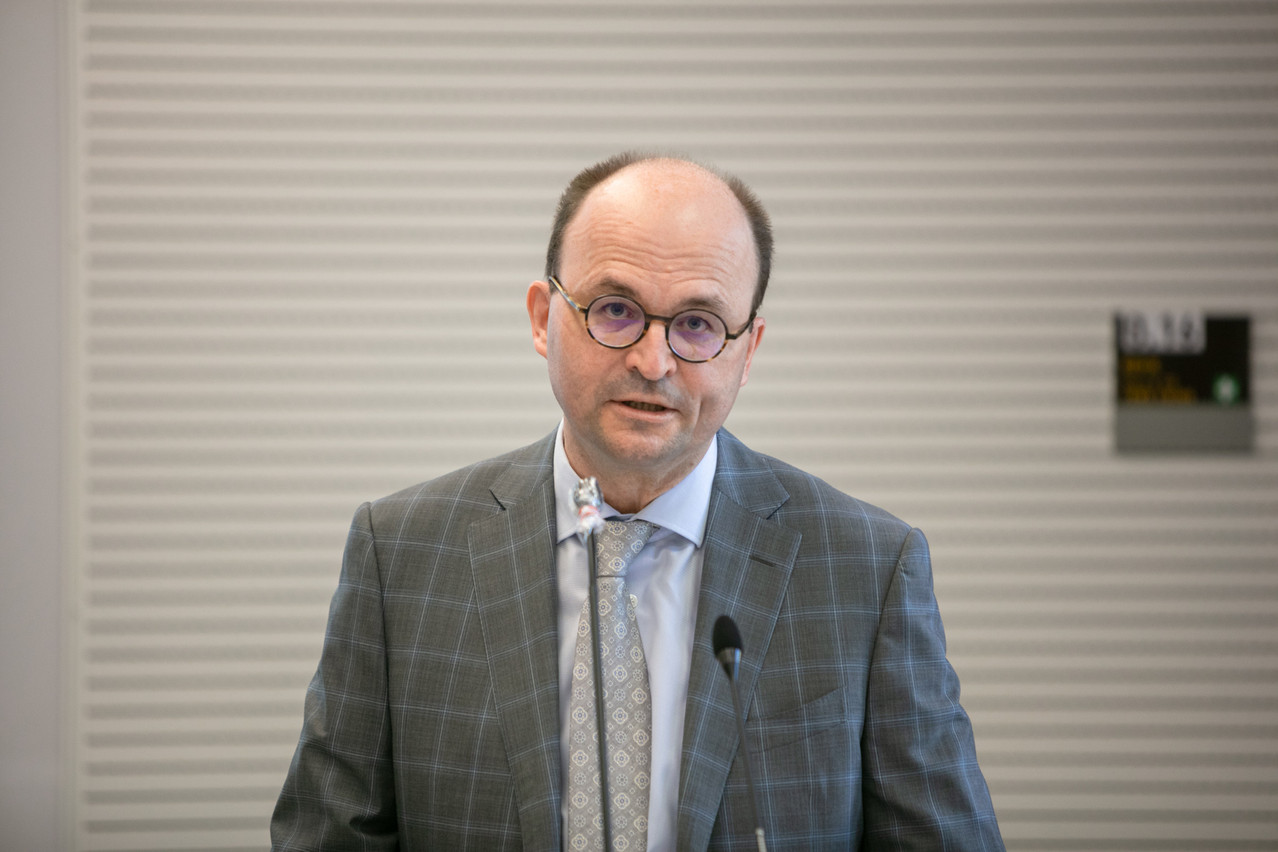The Chamber of Skillled Trades and Crafts, which represents the sector, issued a rather mixed opinion on . On the one hand, it welcomed the government's work in using public debt to avoid stifling the economy and to promote recovery, while maintaining high levels of investment and not resorting to taxation.
But, on the other hand, the chamber is not satisfied, as the craft sector still suffers from a number of ills that this budget will not help to resolve, and called on the government to do better in the coming years
Administrative simplification is not a priority of this government. On the coalition agreement, the subject is half a page long.
“This 2022 budget does not bring any real novelty compared to the copy delivered in 2021,” said Tom Wirion, director general of the chamber. Although the priority of the state budget is oriented towards climate and energy, as well as housing and social issues, the organisations sees major disparities in terms of the allocation of resources.
Housing remains disadvantaged in terms of priorities for resources. “On the other hand, the National Energy and Climate Plan (NECP) needs more transparency, such as a breakdown of the overall expenditure according to the different areas covered, as well as an assessment of the efficiency of the investments made,” said Wirion, taking as an example the €225m expenditure planned for the special fund to help solve the housing crisis, compared to the €610m of expenditure for the rail fund and the tram extension project.
In addition to the distribution of future expenditure, the Chamber of Skilled Trades and Crafts also pointed to the increase in state operating costs. It advocates increased digitalisation in state services in order to increase their efficiency and reduce staffing requirements. Still on the subject of expenditure, the chamber also wants to study the effectiveness of social transfers in terms of their capacity to reduce the risk of poverty.
Five priorities
The chamber used the opportunity to recall its five priorities. The first is to enhance the status of the self-employed in order to reduce the precariousness of entrepreneurs. The idea is to align this status with that of employees in terms of social security and labour law.
The second priority is the improvement of state aid mechanisms in order to make them more visible and targeted. This in addition to reducing administrative burdens and simplifying procedures to speed up authorisation procedures.
“Administrative simplification is not a priority of this government. On the coalition agreement, the subject is half a page long. I think it will be the priority of a future government and, from next year, we will make proposals to launch a real offensive on administrative simplification. Our micro-enterprises, which have up to nine people, i.e. more than 70% of members, cannot always put more resources into complying with various rules and administrative procedures,” said Wirion.
Sometimes, in Luxembourg, we ask ourselves if we still want craftsmen and if crafts are still welcome.
Another concern is the need for space for small and medium-sized craft businesses, which are suffering from a shortage of space and are asking for solutions to enlarge the economic activity zones.
“All regions combined, small and medium-sized craft businesses are looking for . In some ZAEs, we could build higher, as we did recently here at the Chamber of Skilled Trades and Crafts, but regulations prohibit it or there are regulatory constraints such as for dealerships who cannot have a sales area of more than 2,000m2,” said Wirion. “Sometimes, in Luxembourg, we wonder if we still want craftsmen and if crafts are still welcome.”
Finally, the remains recurrent and just as much a priority. Before the health crisis, the Chamber of Skilled Trades and Crafts had estimated that 9,400 more people were needed to keep the sector going. Currently, the shortage is getting worse and the craft industry is not always helped by the state.
"The minister of the interior had the good idea of launching a to recruit craftsmen for the municipalities. The problem of manpower is widespread and not new. It may seem frustrating, but business leaders remain combative. However, it is worrying to see that companies are now recruiting from within the sector, whereas previously they used to look for labour further afield. This is never a good thing," said Wirion.
This story was first published in French on . It has been translated and edited for Delano.


